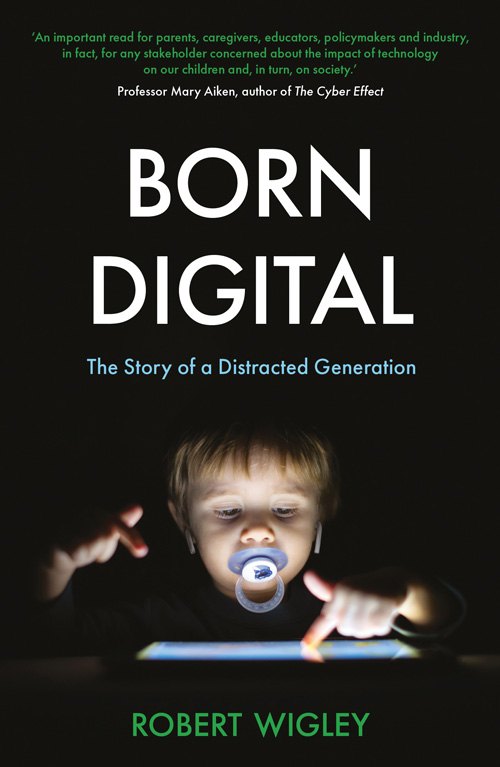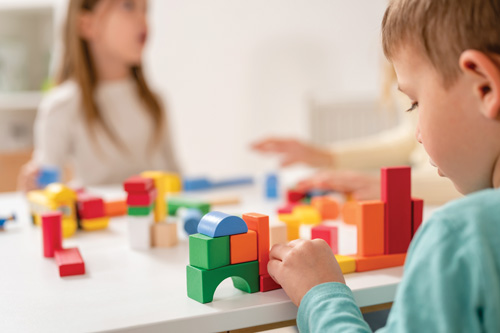
Since the pandemic, questions about the best way to educate have been asked worldwide. From homeschooling to hybrid learning, parents have had lots to think about. For young children, play is the foundation of development in which they build skills covering language, creativity and emotional intelligence.
While new forms of play gain popularity every year, the basic concept of play has remained the same for several decades.
Following the search term ‘educational play’ seeing an increase in interest of 4,000%, children’s toy retailer, The Kid Collective, delved into the benefits of learning through play and how parents can support their child’s development in early years.
The Kid Collective asked certified coach and mentor, Natalie Green, why play is essential for children, to which she responded: “Play is the exploration of life. Children will play to investigate, make sense of the world and practice skills. Age will determine the skill level and type of play they will engage in. Play can also indicate if there are any concerns in development.”
The benefits of learning through play include:
Social and sharing skills
Through different games and activities, children will learn how to express themselves to others through body language, facial expressions and tone of voice. They will learn new language skills to communicate with peers and, through this communication, respond to others with empathy and perspective. All of these skills will support children with their relationship building.
Playing with others, whether with parents or other children, means a child will learn how to give and take, compromise and work with others. This can be fun and engaging for children, inspiring them to work hard and succeed at the game whilst going at their own pace.
Natalie spoke with the children’s toy retailer on how parents can prepare their children for these interactions: “A great way for parents to encourage a child’s imagination is by picking up the chosen toy and asking questions such as, do you like it? Why? What else can this toy do? And what else? The more open-ended the toy, the greater its value. You’re the role model, the stimulator and the enabler. The more you can say and do, the more your child will be motivated, and in time, they will learn how to best respond, and a partnership in play will develop.”
Creativity and imagination
A huge part of creativity is the ability to problem solve, as a child will use their imagination to create barriers and solutions within a game. Using simple toys such as cars, a child forms their adventure with an end goal and several steps along the way. As parents and guardians interact with the child, you can bring other elements into the play and create problems for your child to solve. Other toys which are brilliant for open-ended play include Connetix Tiles, not only are they a great way for little ones to learn the names of colours and shapes, but they can also inspire creativity and aid the development of fine motor skills, problem-solving and more.
Pretend play allows children to innovate and form experiments with different roles in life from what they’ve seen and witnessed around them. By creating characters and using their imagination, they can decide their language and actions, practising emotional skills. A great way to practice creativity and imagination is role-play, and you can buy several types of role-play toys which allow children to grow and develop.
The Kid Collective and Natalie Green recommend role-playing: “Role-play develops a sense of self, empowering the child to feel and be in control. Role play will go on well into later childhood and is valuable for emotional intelligence as they interact with others and play out feelings and emotions.”
Resilience and emotional regulation
Constant learning can be daunting and stressful; children face problems to solve and create challenges for themselves, competing with themselves or others. Play can reduce anxiety as they learn to take control of situations and practice scenarios, creating resilience as they try again.
Games often have rules and conventions that a child needs to follow. Through this, they must learn how to cope with frustration, jealousy and excitement. Having different emotions can cause impulses the child will need to learn to cope with and manage, reacting appropriately with those around them. Play leads a child’s mind to wander, which encourages spontaneity, and this will soothe their mind as they figure out solutions and boost their confidence.
Founder of The Kid Collective, Laura Davies, summarises: “Children experience critical human development between birth and the age of eight. Play helps the early stages of brain development and helps your child build relationships with others around them. Play supports children in making sense of their surroundings, coordinating their mental and physical capabilities and finding their place. There are many different types of play which can benefit several elements of a child’s development. From role-play toys to educational toys and sensory toys, a parent or guardian can get many types of support to help their young one. We recommend getting different toys and encouraging games which challenge and encourage their children to use their skills to succeed and have fun whilst sharing, being emotionally receptive and building confidence and independence.”

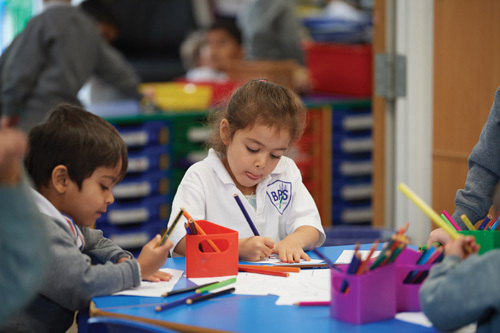
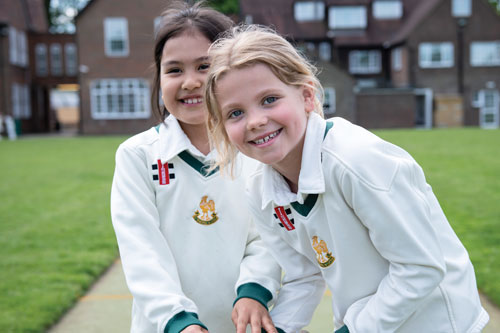


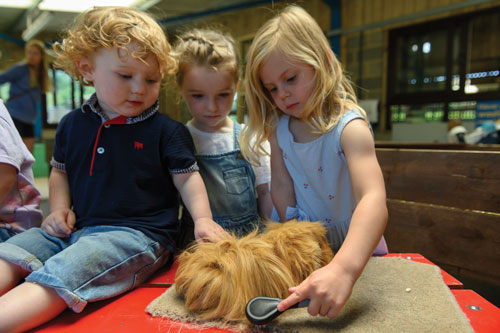
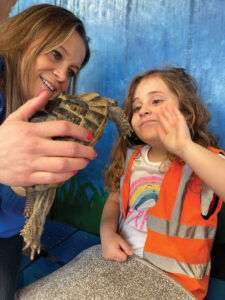 Animals also provide children with lessons about life (reproduction, birth, illnesses, accidents, death, and bereavement). Children have the opportunity to see lambs being born and eggs hatching. Animals provide knowledge in biology. When children spend time around the different animals they begin to understand basic biology and how that translates between animal species. Activities like grooming animals and feeding them, understanding what they eat and how food is digested, develops children’s knowledge and of course, children love discussing poo!
Animals also provide children with lessons about life (reproduction, birth, illnesses, accidents, death, and bereavement). Children have the opportunity to see lambs being born and eggs hatching. Animals provide knowledge in biology. When children spend time around the different animals they begin to understand basic biology and how that translates between animal species. Activities like grooming animals and feeding them, understanding what they eat and how food is digested, develops children’s knowledge and of course, children love discussing poo!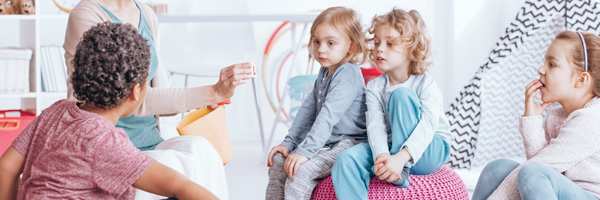
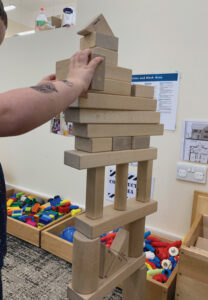
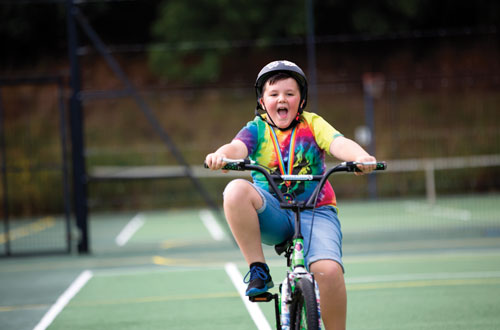
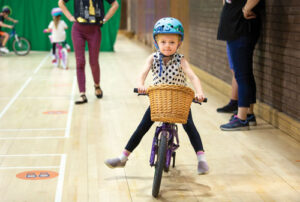 gular physical activity also has links to increased happiness, as well as giving children more opportunities to make friends and social connections.
gular physical activity also has links to increased happiness, as well as giving children more opportunities to make friends and social connections.
